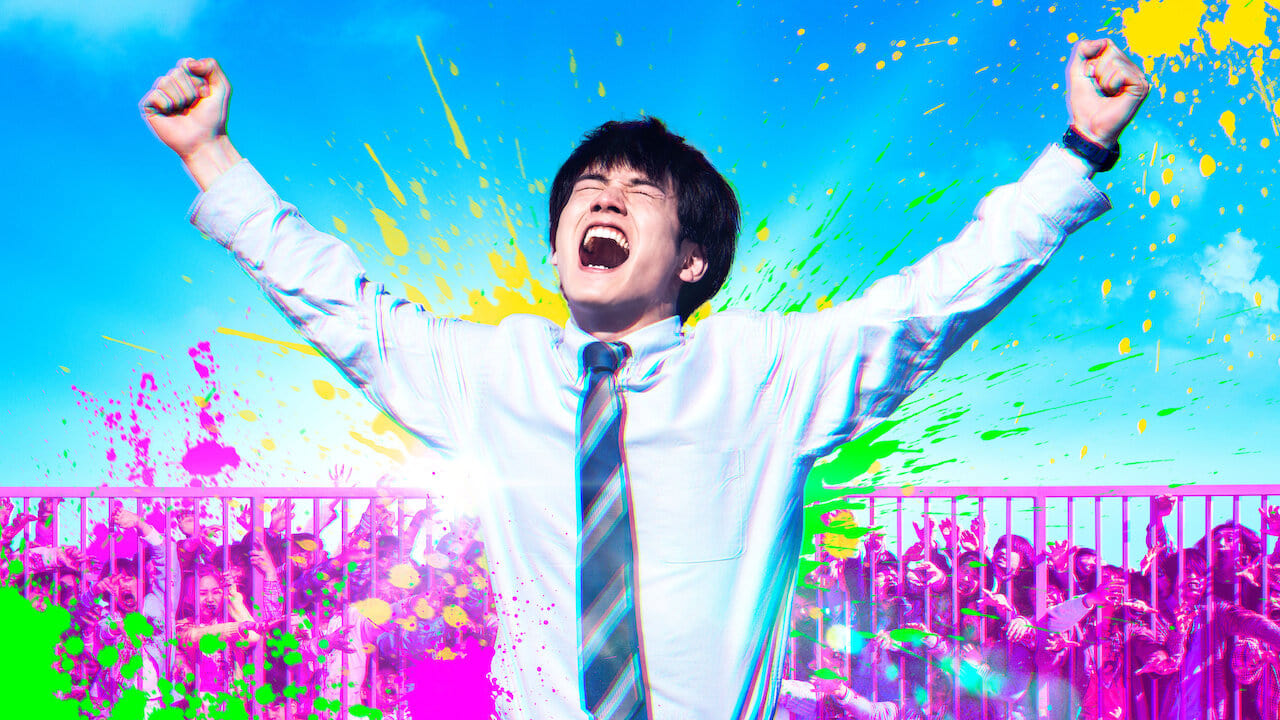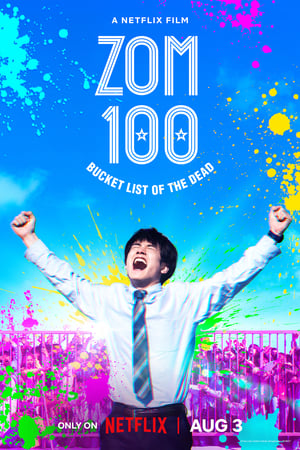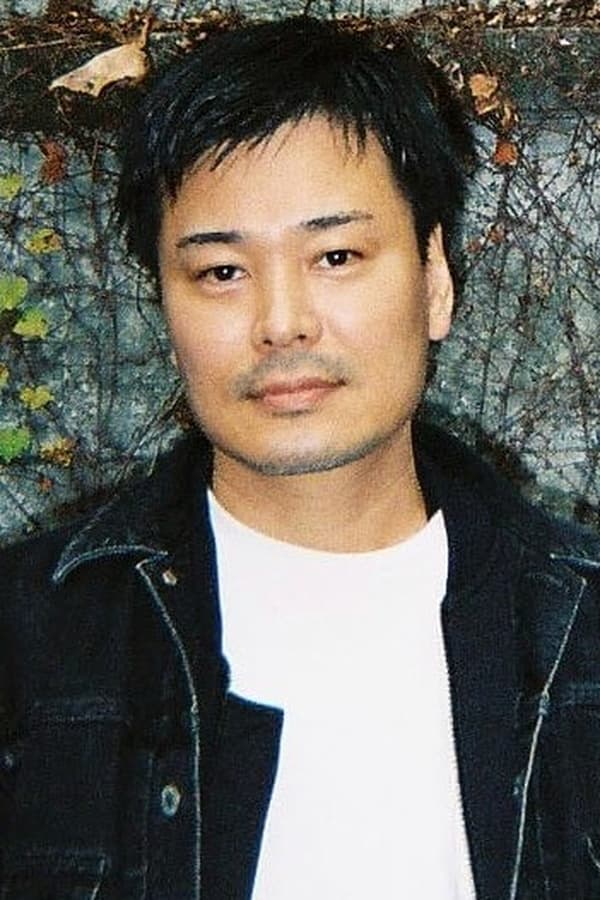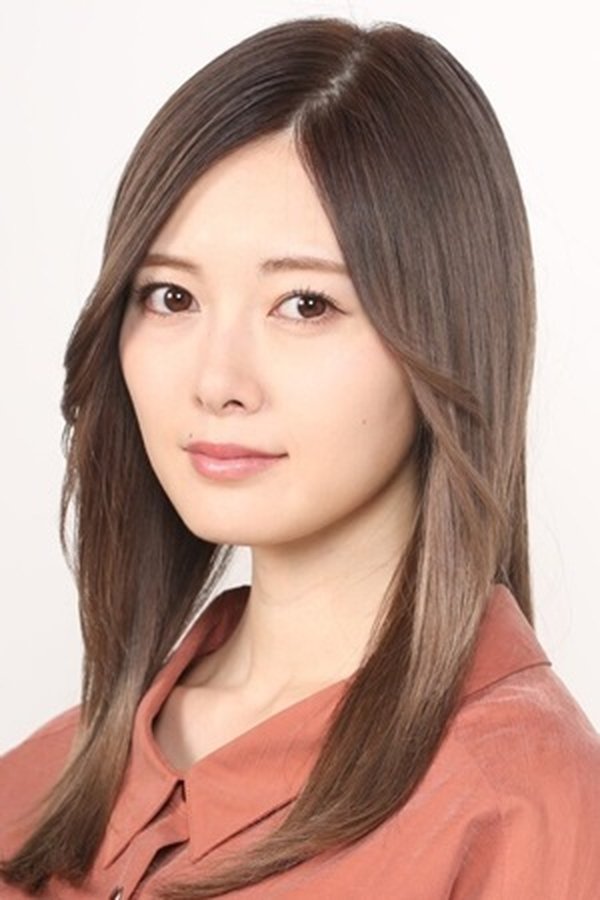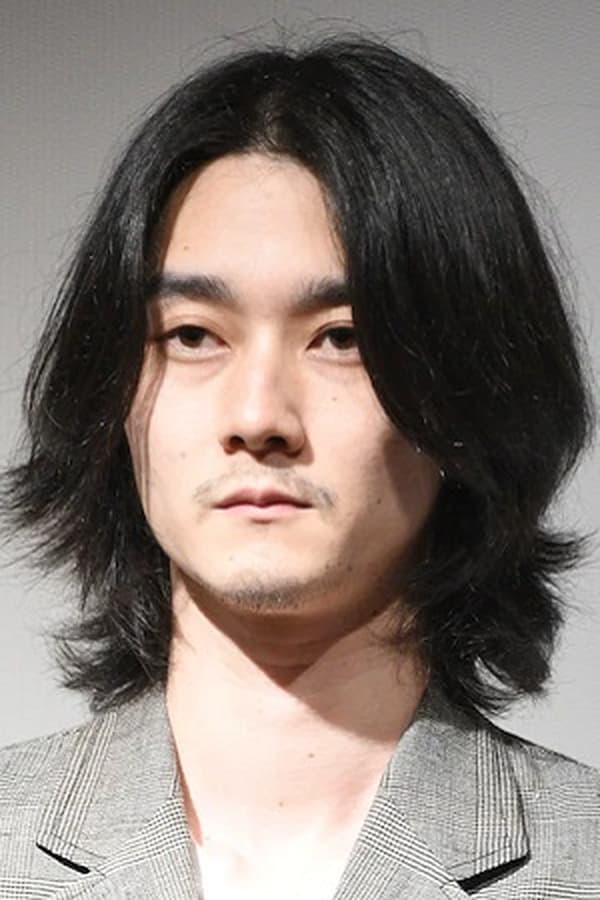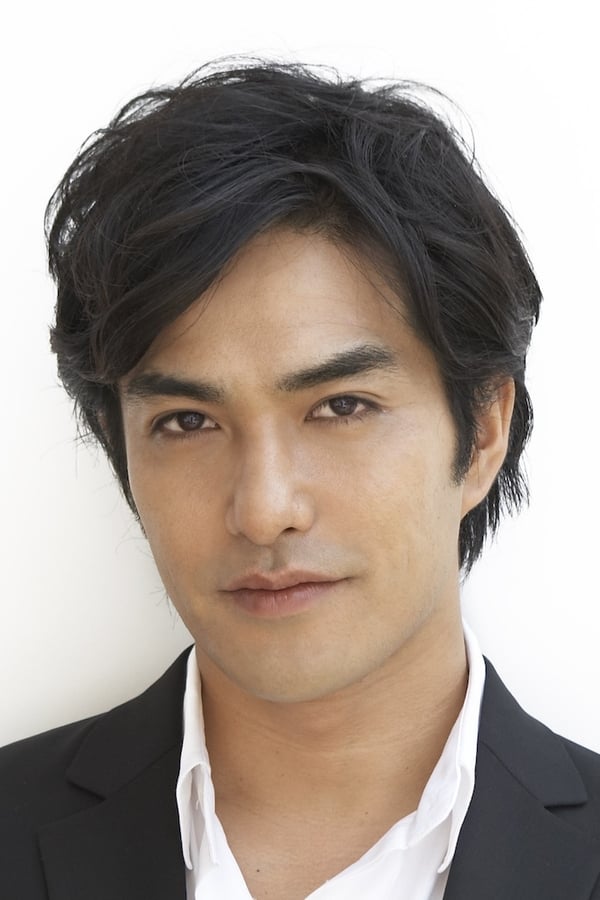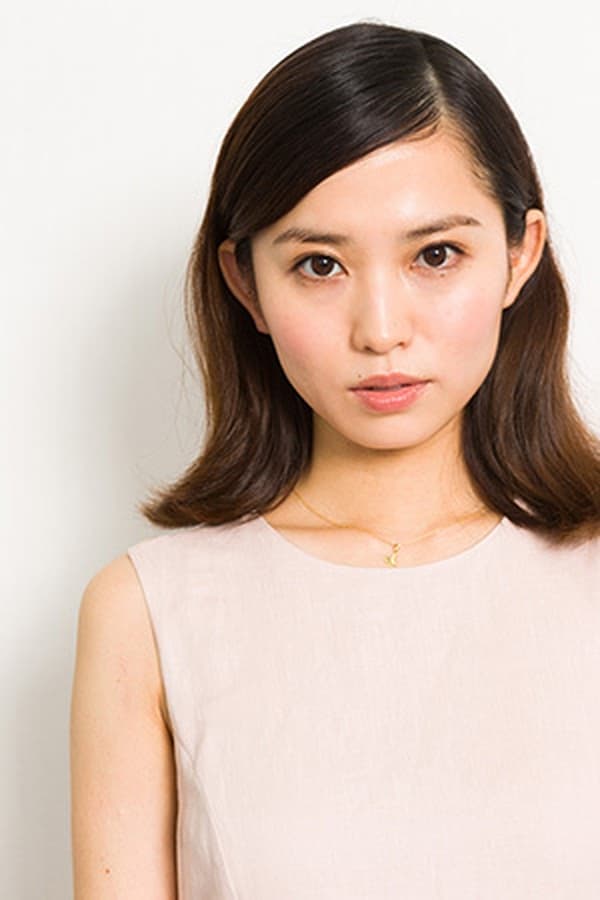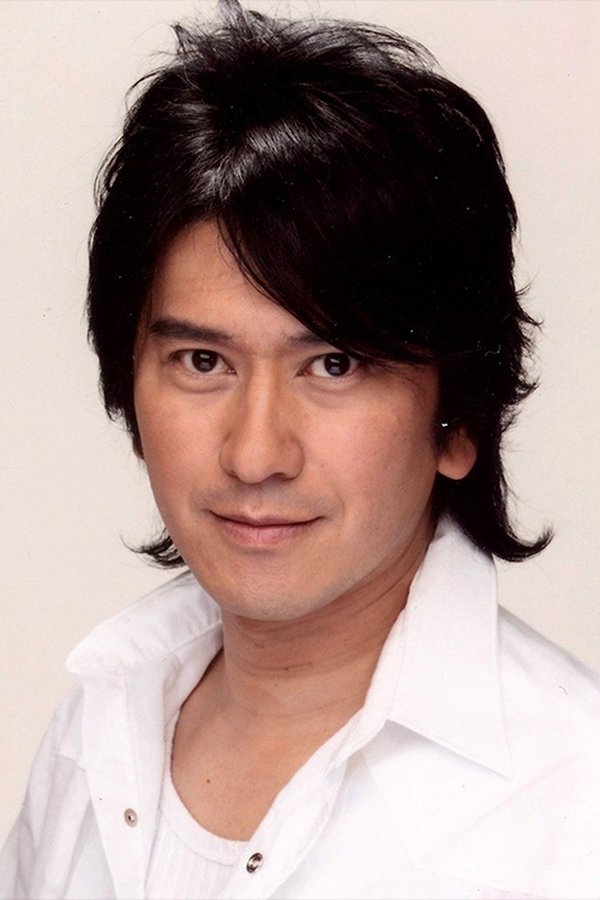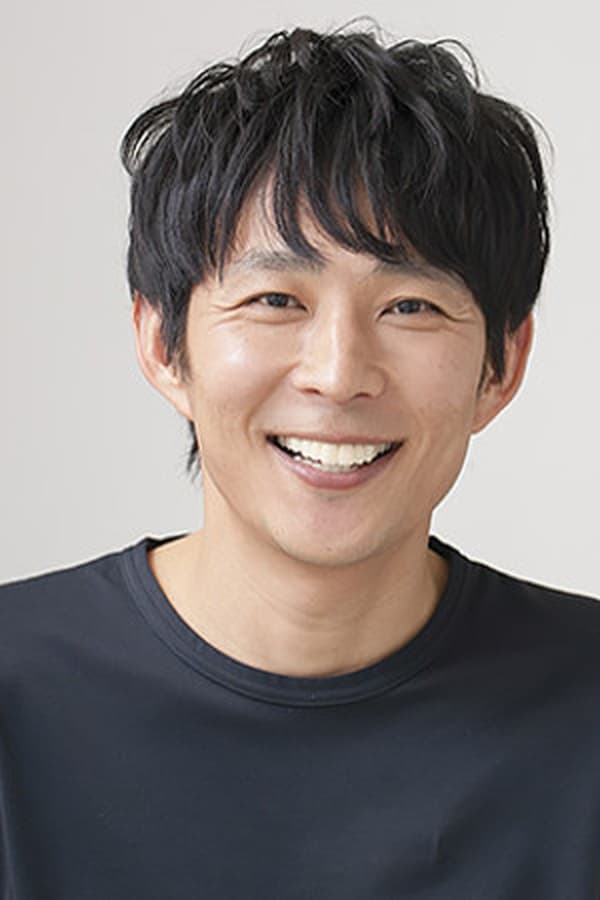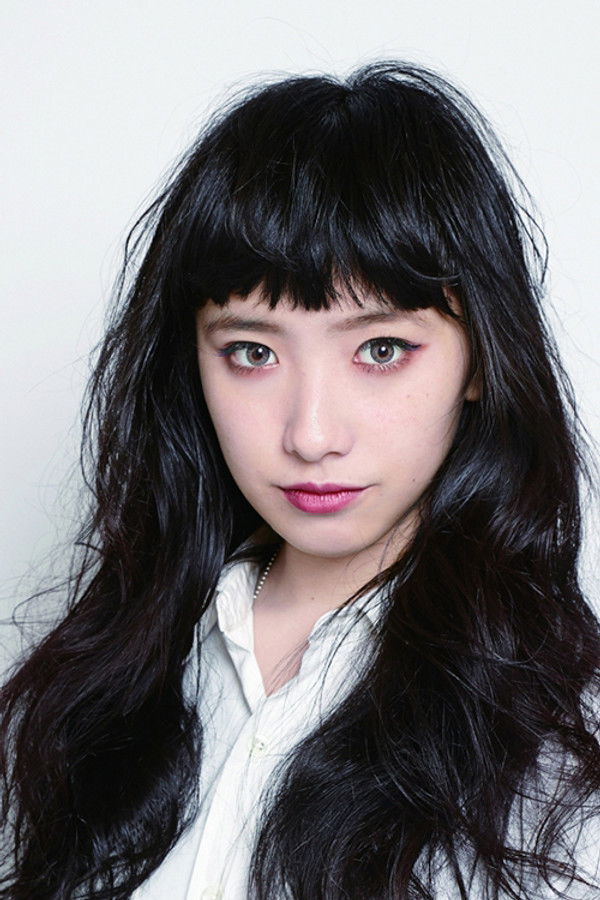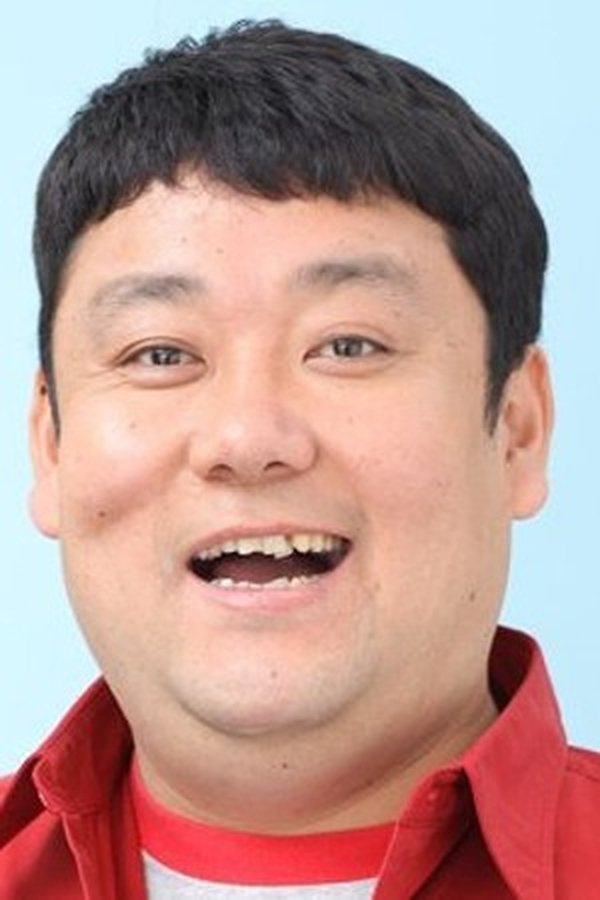In another adaptation about a zombie apocalypse, Haro Aso, critiques late-stage, predatory capitalism. The unique twist being that the zombies themselves are not the metaphorical vehicle, but rather the freedom they inadvertently provide in the comedy horror. The anime is based on the manga, Zom 100: Bucket List of the Dead.
The story follows Akiro Tendo, an overworked office worker who seems to be based on the infamous issues of game developers and manga artists in Japan and worldwide working for long hours without proper rest to meet deadlines. Manga burnout is frequently reported on and is just one facet of predatory capitalism.
Tendo is shown working extensive hours to the point where he sometimes sleeps at work for days at a time. This is related to the poor sleep schedules of many manga artists, like Masashi Kishimoto, author of Naruto, and of game developers experiencing crunch, the latest nonsense term in capitalism for the cruel, unrealistic demands and unsatisfactory pay of workers.
There is a long list of such terms, like quiet quitting, which is intellectually known as meeting your job requirements and not going beyond them without proper compensation. Career cushioning has been bandied about, which again was previously just the idea of having a Plan B in case something happens to your job/main source of income. There was even a weird push for the term resenteeism, a portmanteau of resentment and presenteeism (itself a portmanteau of present and abseenteeism that refers to how many workers are forced to work when sick or mentally compromised), used to describe unhappy workers who stay in jobs and somehow let people know they are not happy. If these terms seem silly, it's because they are, they are pro-capitalists trying to reframe normal behaviors into buzzwords. They couple these buzzwords with media outlets that propagate capitalism by default and attempt to shame workers into more traditional compliance. Despite all evidence to the contrary, pro-capitalists continue to espouse the system that continues to widen the inequality gap and lower the quality of life for the 99%. Note how most articles and media outlets immediately jump to a spin about how these actions "hurt" businesses.
In Zom 100, Tendo literally falls asleep wishing that he could just sleep. He considers suicide within the first episode so that work will no longer be a concern. All the employees at his office are in this bizarre cycle of years of mundane, mentally draining work that leaves them no time for their own lives. Tendo and his co-workers suffer health problems related to "living to work." Add in working multiple jobs and still barely scraping by, and you have the reality of a lot of American workers. Many of us dream of a break in the system, some shock that goes beyond disrupting the status quo and literally topples predatory capitalism.
